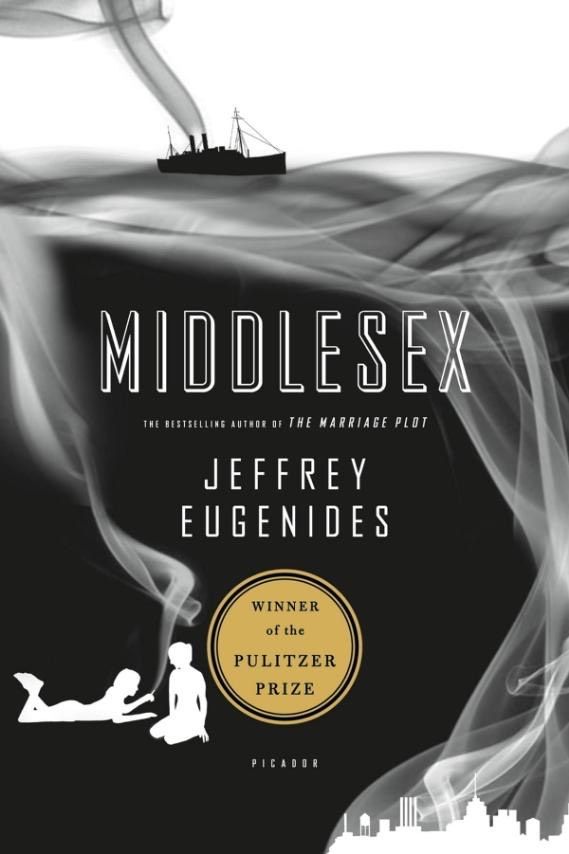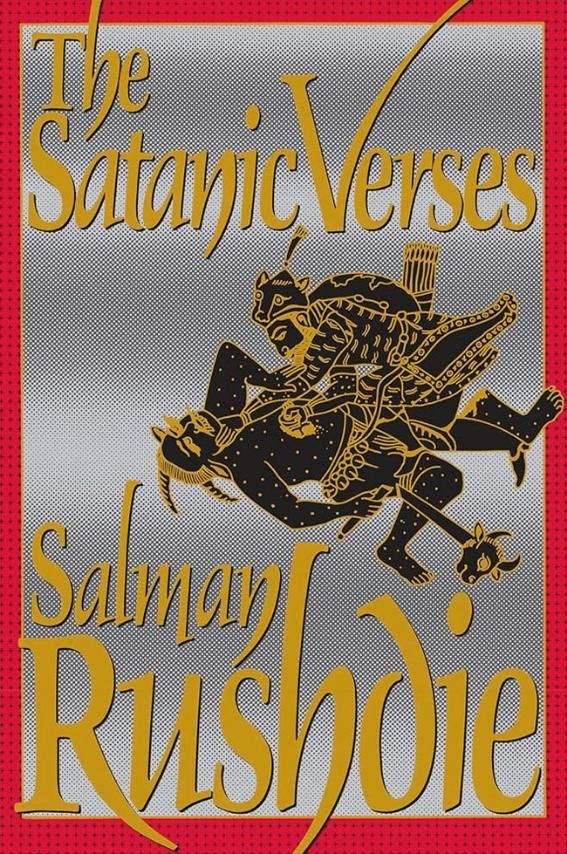Love at first line
A love affair with reading may start from the moment you open a book
By AA Patawaran
Some book lovers would say you had me at the first line.
That moment of first meeting, that first glance to me, however, is—don’t judge me—often the book cover, or the book title. From there, I am led to the back cover, where the synopsis is, that whiff of scent, that bounce of hair, maybe something in the eyes, if the book were a person to whom I’m drawn at first encounter.
The first word, the first sentence in a personal encounter is in a book, to me, the first line on the page, or sometimes not. Often I would scan the book in its entirety, taking stock of the font size or the font itself, examining how the words are placed on the pages. I would put a page under the light in case the light would bounce off and blind me or cause me to squint and then I’d say this isn’t for me, who likes to read in the dark, under a lamplight.
It’s SOP to turn to a random page and read a random paragraph, hoping to be intrigued, that is if the typography and all, the drop caps even or the margins or the design of the spine satisfy me. Sometimes, it’s there screaming at me on page 745. It’s a shame, for sure, because it would have screamed louder if I knew the context.
As a writer myself, however, I care about the first line, that very first sentence, from which I proceed to write the rest, whether by opening a can of worms or providing a peek into a gift that should keep on giving until the last page is turned or even beyond.

Consider this, the first sentence in Jeffrey Eugenides’ Middlesex…
I was born twice: first, as a baby girl, on a remarkably smogless Detroit day in January of 1960; and then again, as a teenage boy, in an emergency room near Petoskey, Michigan, in August of 1974.
On my list, it’s the best first line in contemporary literature, although it may not be as memorable, nowhere near as succinct and as favored by many, as…
Call me Ishmael from Herman Melville’s Moby Dick
Or…
Happy families are all alike; every unhappy family is unhappy in its own way from Leo Tolstoy’s Anna Karenina.
Truth to tell, I am in love with all of Eugenides’ epic of a hermaphrodite’s journey and I can’t say that first sentence did it. It isn’t only the story, it’s also the way he tells it. It’s also the way he uses words to tell the story, like that one point when epochs and many, many generations, centuries removed from each other, sat on a single bench.
Long ago, I resolved never ever to start anything, not an essay, not a short story, maybe not even a poem, with the article the. It’s a trick I learned when I was very young, which has since become a personal rule that I never ever break.
And I think it has served me well. I’ve been looking at lists of memorable lines and I don’t think any of them starts with the article the, either.
Not Gabriel Garcia Marquéz’s One Hundred Years of Solitude…
Many years later, as he faced the firing squad, Colonel Aureliano Buendía was to remember that distant afternoon when his father took him to discover ice.
Not Salman Rushdie’s Satanic Verses…
“To be born again,” sang Gibreel Farishta tumbling from the heavens, “first you have to die.”
Not Yann Martel’s Life of Pi…
My suffering left me sad and gloomy.
Not George Orwell’s 1984…
It was a bright cold day in April, and the clocks were striking thirteen.
Oh and not Vladimir Nabokov’s Lolita, which I reread before the pandemic for a book club and which I found infinitely more compelling than the first time, when I was young and interested only mostly in the salacious parts…
Lolita, light of my life, fire of my loins. My sin, my soul.

I should work harder on my first sentences when I write. Joan Didion said of it, “What’s so hard about that first sentence is that you’re stuck with it. Everything else is going to flow out of that sentence.”
And I kind of work like that. Not one to rely on plotlines or outlines or even a basic premise when I’m doing creative work, I begin at the beginning, to quote Lewis Caroll, and it’s like going up the stairs, where each step is how I get to the next. I think I edit as I go, which is bad practice, according to some writers, but maybe it does pay off to make sure a sentence you are working on is good enough to lead you to the next one.
In an interview, former editor in chief at Paris Review Lorin Stein said that usually you could tell in one sentence whether or not a story submission was worthy. “Not always, but usually,” he said. “A story is short enough that if you don’t make a mistake in the first sentence, you probably won’t make a mistake all the way through.”
The first sentence ought to have the urgency of “Listen!” if you were addressing a crowd. It could be like the door I found in Berlin that I otherwise would not have noticed if not for the sign that said, “This door is open. Enter at your own risk.” It’s the invitation in a stranger’s eyes in a crowded club. Or a pretty bow on a gift box.
Stephen King salutes the irresistible pickup line. “An opening line should invite the reader to begin the story,” he said. “It should say: Listen. Come in here. You want to know about this.”
Which is exactly what Charles Dickens tried to do opening up the scene in A Tale of Two Cities…
It was the best of times, it was the worst of times, it was the age of wisdom, it was the age of foolishness, it was the epoch of belief, it was the epoch of incredulity, it was the season of light, it was the season of darkness, it was the spring of hope, it was the winter of despair.
Which is exactly what Saul Bellow tried to do to engage us in Herzog…
If I am out of my mind, it’s all right with me.
I would try to be as clever as Walter Abish was with his first few lines in Alphabetical Africa…
Ages ago, Alex, Allen, and Alva arrived at Antibes, and Alva allowing all, allowing anyone, against Alex’s admonition, against Allen’s angry assertion: another African amusement . . . anyhow, as all argued, an awesome African army assembled and arduously advanced against an African anthill, assiduously annihilating ant after ant, and afterward, Alex astonishingly accuses Albert as also accepting Africa’s antipodal ant annexation.
But personally I also don’t think you should try too hard.